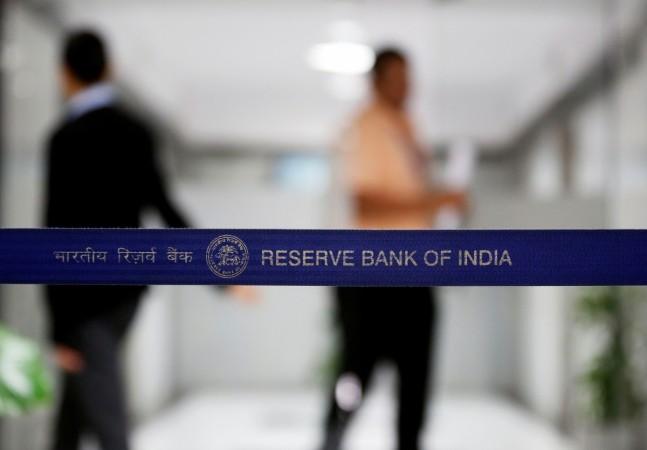
Senior Indian government officials say the Reserve Bank of India should have cut interest rates more aggressively on Wednesday, signalling fresh tensions between New Delhi and the Mumbai-based central bank on how to revive economic growth and create jobs.
The RBI lowered its main policy rate by 25 basis points to 6 percent, its lowest since November 2010, but senior officials argue that with inflation below target and private investment contracting, it should have cut by 50-75 basis points.
Although these officials requested anonymity after Prime Minister Narendra Modi ordered them not to challenge the RBI in public, their comments recall the divergence in views that preceded the abrupt departure last year of Governor Raghuram Rajan.
While stopping short of questioning the inflation-targeting framework introduced on Rajan's watch, they expressed disappointment that outside members of a new Monetary Policy Committee nominated by Modi's government were not challenging the RBI's hawkish 'house' view more robustly.
"What can we do if the RBI doesn't see that India's headline inflation is now below Europe's level?" said one of the officials. "Ideally, rates should have been lowered by at least 50 basis points, if not 75 basis points."
A slide in inflation to 1.5 percent, its lowest in at least five years, reflects a structural shift, this official said. With domestic demand weak and farm output set to recover, inflation should stay below the RBI's 4 percent central target for one to two years, he added.
"We are missing a golden opportunity to revive the economy," said a second official. Added a third: "The RBI is behind the curve again and its baby steps will not help much."
The officials were keen to avoid a public row, mindful of a call by Modi adviser Arvind Panagariya in 2015 for a big rate cut that drew a rebuke from Rajan. Panagariya said this week that he is stepping down as head of Modi's main policy advisory body to return to academia.
Although the RBI is not statutorily independent from the government, it has long enjoyed broad autonomy on interest rates. Most analysts believe the RBI, which kept its neutral stance on Wednesday, will hold rates unchanged through 2019.








